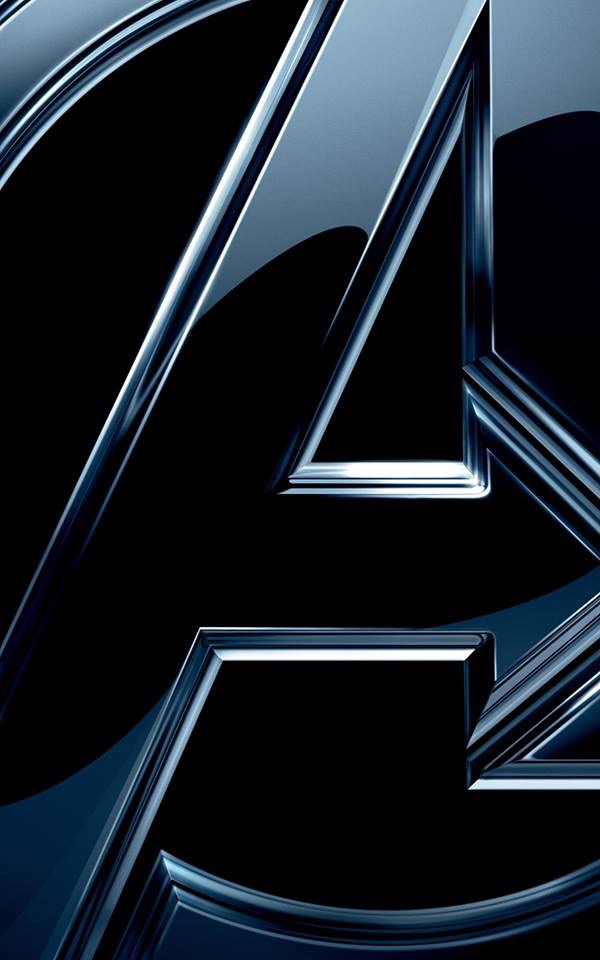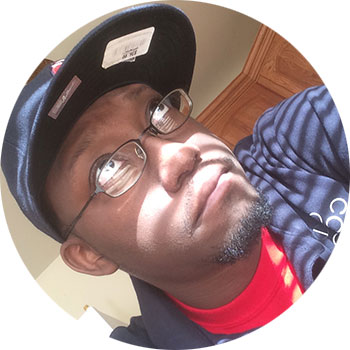
04 May Nerdy for Thirty #6: The Avengers
MARVEL’S THE AVENGERS
dir. Joss Whedon, starring Robert Downey Jr, Chris Evans, Mark Ruffalo, Chris Hemsworth, Tom Hiddleston, Scarlett Johansson, et. al
When Loki, God of Mischief, uses forces greater than his own to threaten the Earth with world domaination and a hostile alien takeover, S.H.I.E.L.D. director Nick Fury assembles a group of disparate individuals in the hopes that they can form a team to counteract that threat and save the world.
The Avengers is the movie that broke the MCU wide open, giving Disney the clout to push the envelope and start experimenting. A franchise of franchises, an attempt at something this ambitious on this scale was new territory for Hollywood. While it was a massive success, thanks in part to executive director Kevin Feige, the efforts of screenwriter Zack Penn, and writer/director Joss Whedon, it also led to its staunchest detractors lamenting the end of filmmaking as they knew it. Fortunately, enough, one ending is another beginning, as the repercussion The Avengers had on the world would go on to spawn a vast number of sequels, introduce a new generation to superheroes and their impact on society, and revitalize not just Marvel Comics but the comic book industry as a whole. A roaring roller coaster ride from beginning to end, The Avengers pulls off the near-impossible; assembling actors and supporting cast from their individual films to tackle a threat greater than any one of them. For its part in history, Marvel’s The Avengers will forever be remembered as a paradigm shift in what was possible with big screen storytelling.
The Avengers brings together all the members of the previous MCU movies while also replacing Edward Norton’s Hulk with Mark Ruffalo. For its ensemble nature, each actor brings their A game to their roles, easiest for Downey Jr, as this marks his third full length appearance as Tony Stark. Each actor plays brilliantly off each other, finding ways to stay true to the tone of their original movies (Black Widow and Hawkeye notwithstanding) while also meshing together to create something new. Leading the way, as is the case for the majority of Avengers teams, is Robert Downey Jr. and Chris Evans, reprising his role as Captain America. Not their finest performances (for Downey, it’d be Avengers: Endgame and for Evans it’d be his next movie, The Winter Soldier), but still top notch for each. Scarlett Johansson and Chris Hemsworth have their parts to play as well, with Johansson getting possibly the story’s best character introduction that shows both she and Whedon understand Natasha Romanoff to her core. Hemsworth, who shines brightest when he’s on the screen with Tom Hiddleston’s Loki, could have been the movie’s emotional core, but that spot was reserved (for good reason) for another character.
Clark Gregg as Phil Coulson, while not the backbone of the team, is at the very least one of its major vertebrae. Appearing twice in the Iron Man movies, as well as dipping into Thor, it’s Coulson that has the most interaction with the major players before their coming together. It’s Coulson that manages to share at least one scene with the majority of them (again, aside from Black Widow and Hawkeye) and through that, he becomes the team’s grounding to reality, its centerpiece. Whedon brilliantly weaves Coulson through the narrative with the sole intent on killing him to make that death much more impactful and energizing. For his part, Clark Gregg plays Coulson marvelously, holding his own against Stark’s snark and stammering his way around his idol, Cap. The warmness that Gregg radiates through the character makes it easy for the audience to immediately love him, a testament to Gregg as an actor.
Tom Hiddleston returns as the megalomaniacal Loki, the God of Mischief. The reason for the Avenger’s formation in the comics way back in 1963, we see here that Loki isn’t fully in control of his rampage against Midgard, but instead is being manipulated by someone in the shadows. That hardly absolves Loki of his many sins throughout the film, gleefully murdering his way to his goal of ruling Earth, a mantle he believes he rightfully has a claim to. Hiddleston adds extra layers of depth to Loki not previously seen in Thor; just behind the elation of the carnage he’s caused lies the barest hint of hesitation and uncertainty. These pauses in judgement show themselves when Thor is present, always attempting to talk his brother off the ledge. If there’s one thing that Hiddelston is masterful at, it’s haughtiness and arrogance, and Loki has both in spades. The Avengers was Hiddleston’s best performance until his show on Disney+, and Whedon gives him plenty to work with here.
Jeremey Renner is also in this movie.
Directed by Joss Whedon, his first of two outings, The Avengers still stands as one of the finest films of the entire franchise. Whedon’s love of fun, punny dialogue sets the tone of the story, harkening back to the days of writer Brian Michael Bendis writing for the comic series. In those, the jokes were a mile a minute as the team fought and here in the movie Whedon manages to replicate that same energy. Just shy of two and a half hours, the story never drags nor feels rushed; the perfect plotting and pacing starts the story with a jolt of adrenaline and when it does to decide to take the foot off the pedal, the development and relationship between the characters create meaningful moments.
Overall, The Avengers will always be remembered as one of the best theatrical experiences for a large swath of moviegoers. Successfully pulling off a project that hadn’t been done since the days of The Monster Squad, Whedon’s care in handling and balancing the large ensemble of characters mostly succeeds. Managing to lay the seeds of further movies while still focusing on the task at hand, the movie ushered in a modern-day era of blockbuster filmmaking.
Review by Darryl Mansel


No Comments